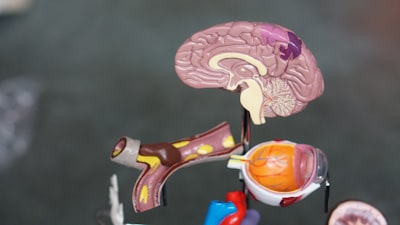A disease is a particular abnormal condition that negatively affects the structure or function of all or part of an organism, and that is not due to any immediate external injury. A disease may be caused by external factors such as pathogens or by internal dysfunctions. For example, internal dysfunctions of the immune system can produce a variety of different diseases, including various forms of immunodeficiency, hypersensitivity, allergies and autoimmune disorders.
In humans, disease is often used more broadly to refer to any condition that causes pain, dysfunction, distress, social problems, or death to the person afflicted, or similar problems for those in contact with the person. In this broader sense, it sometimes includes injuries, disabilities, disorders, syndromes, infections, isolated symptoms, deviant behaviors, and atypical variations of structure and function, while in other contexts and for other purposes these may be considered distinguishable categories.Diseases can affect people not only physically, but also mentally, as contracting and living with a disease can alter the affected person’s perspective on life.
The deadliest diseases in humans are coronary artery disease , followed by cerebrovascular disease and lower respiratory infections. In developed countries, the diseases that cause the most sickness overall are neuropsychiatric conditions, such as depression and anxiety.








